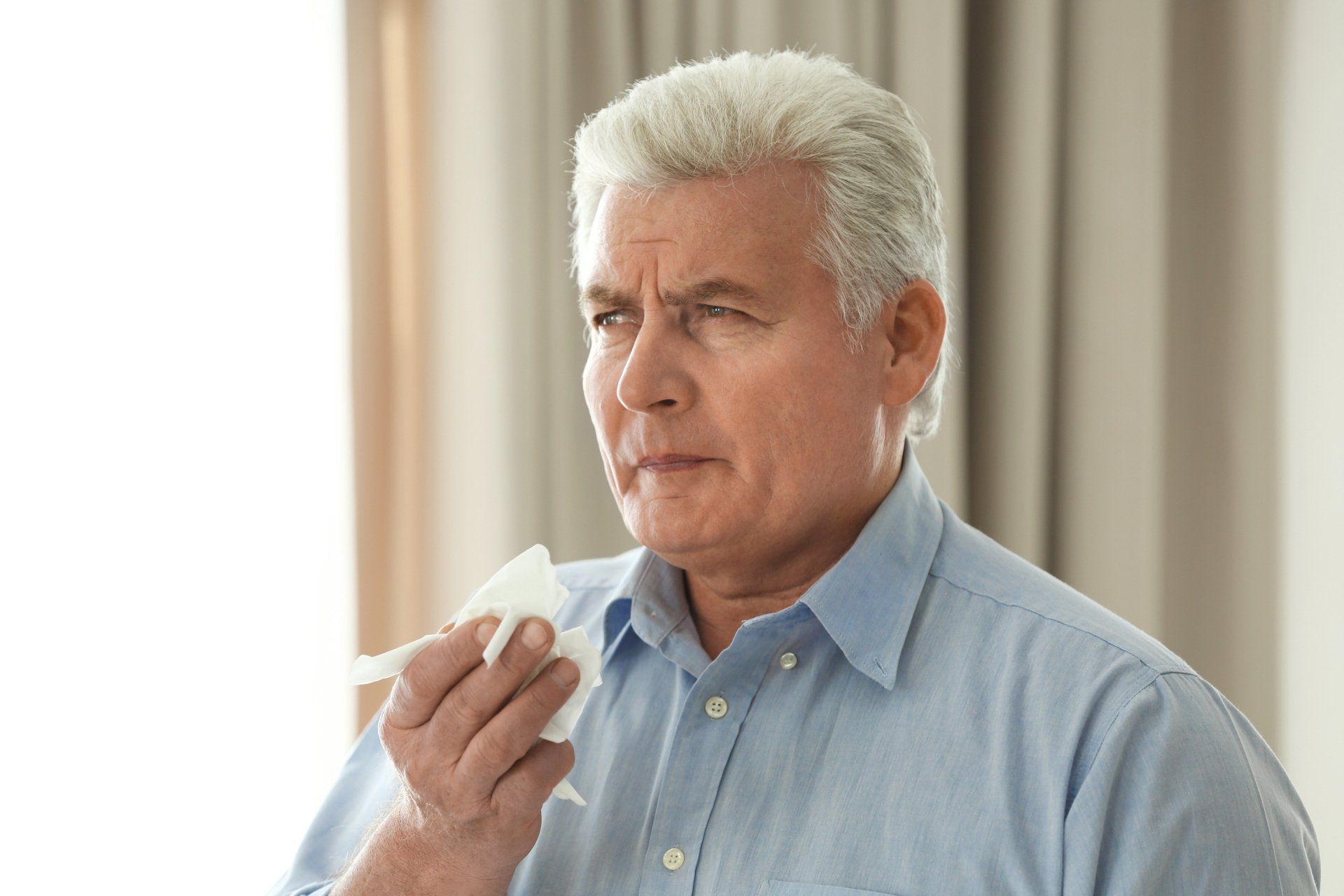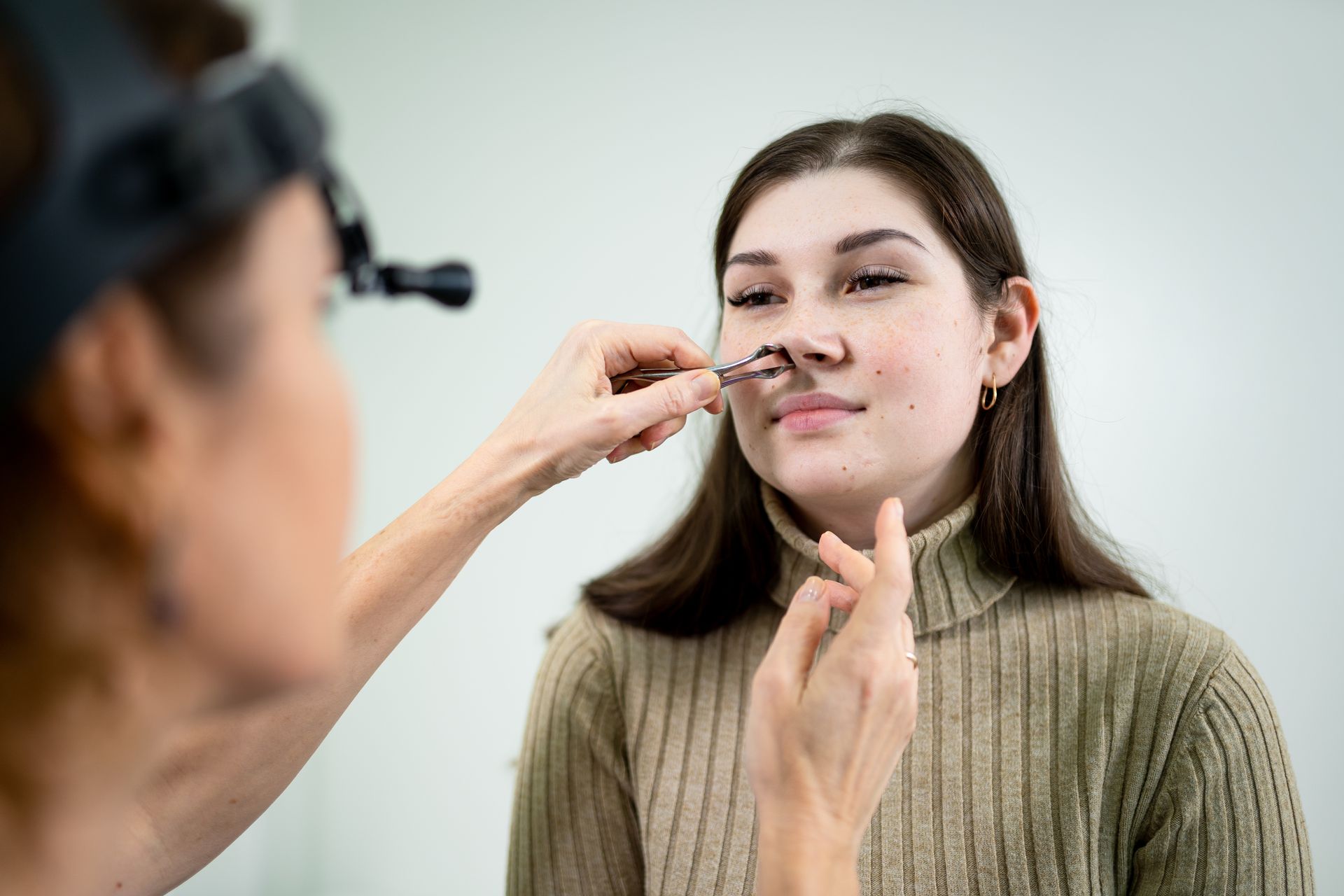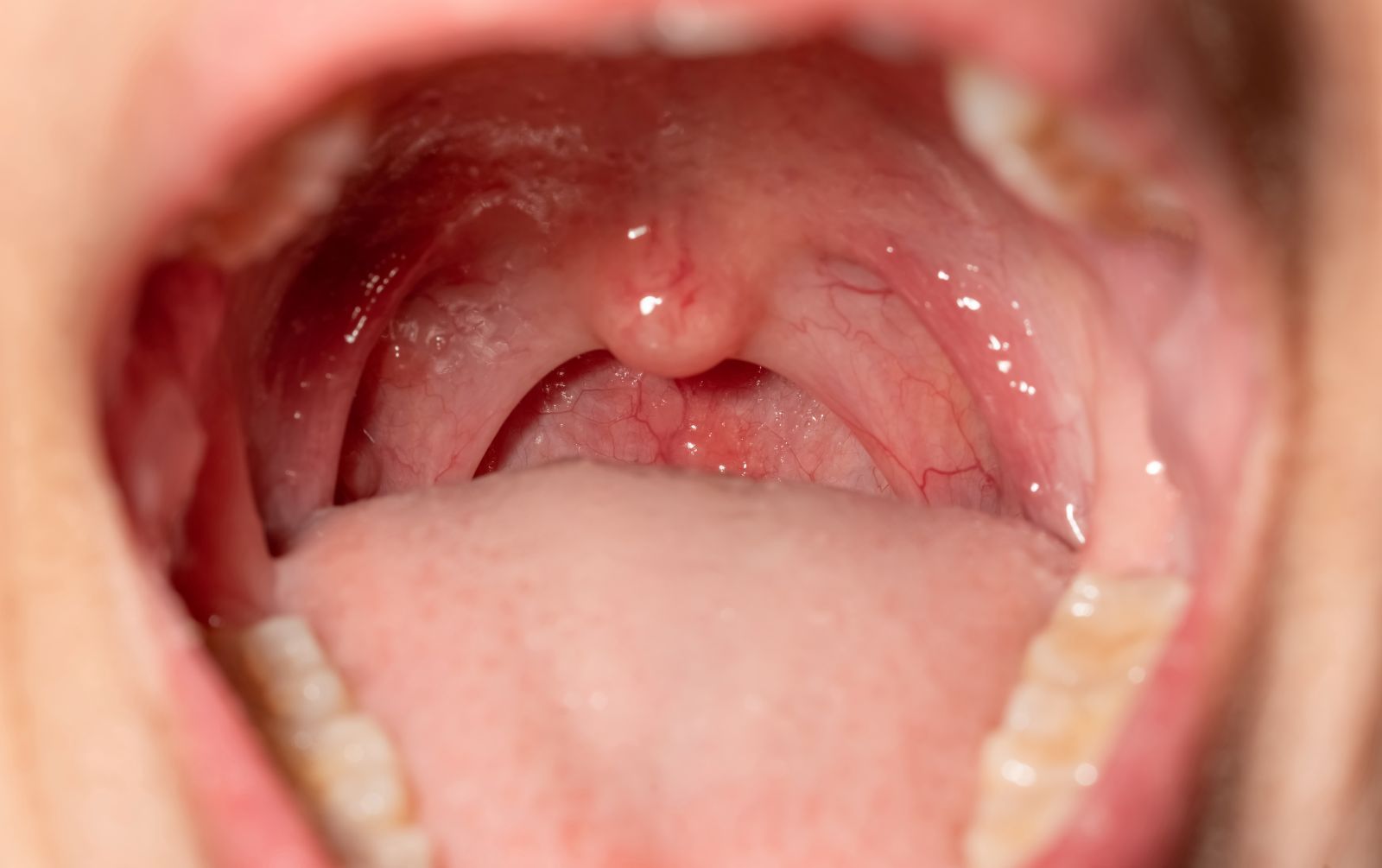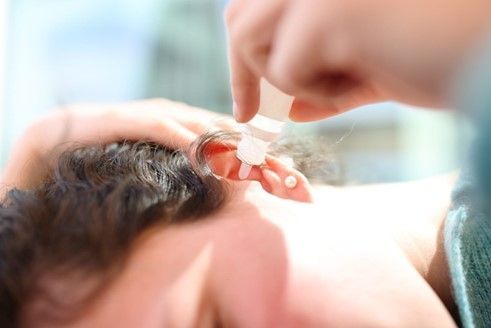What’s Causing My Loss of Smell?

Did you know that one to two percent of North Americans report problems with their sense of smell? Anosmia is the loss of sense of smell, and it is a condition that affects your ability to detect odors.
Most of us take our sense of smell for granted without realizing that it lets us enjoy the little pleasures of life. We forget that it acts as a warning system, alerting us of danger in our immediate surroundings. How would you be able to tell if you have a gas leak or if your food has gone bad if you can’t smell properly?
As you grow older, it’s common to experience issues with your sense of smell. These issues have also been found to be more common in men than in women. However, losing your sense of smell can have a negative impact on your health and hint at an underlying medical problem.
Various health conditions can cause you to lose your sense of smell. Here are some of the causes of Anosmia.
1. Congestion in the Inner Lining of Your Nose
Conditions that cause temporary irritation and stuffiness inside your nose can interfere with your sense of smell. A blocked nose makes it hard to stimulate your olfactory cells, so your brain cannot interpret any signals it receives from these cells.
These following conditions can block the inner lining of your nose, and cause you to lose your sense of smell.
● Common cold
● Influenza
● COVID-19
● Acute sinusitis (nasal and sinus infection)
● Allergic rhinitis or hay fever
2. Obstructions in Your Nasal Passages
Your sense of smell can be ineffective if you have medical conditions that obstruct the flow of air through your nose. Some of these conditions are:
Nasal Polyps
Nasal polyps are small, painless, non-cancerous growths on the inner lining of your nasal passages. Medical experts don’t know the exact cause of nasal polyps, but chronic inflammation associated with allergies, asthma, or drug sensitivity can trigger their growth.
If you have large nasal polyps growing in your sinuses, it can block your nasal passages, cause breathing difficulties, and lead to a loss of smell.
Deviated Septum
A deviated septum means that the thin wall of tissue dividing your nasal passages is displaced to one side, making one passage smaller than the other.
If your septum is severely deviated, it can reduce the airflow into your nasal passage and cause breathing difficulties. The reduced airflow means that your olfactory cells will remain unstimulated, thus affecting your sense of smell.
In such cases, you can only regain your sense of smell after addressing the underlying issue. So correcting your deviated septum through surgery can help you regain your sense of smell. Talk to a trusted healthcare professional about your options.
3. Damages to Your Brain or Nervous System
If there’s a problem in the part of your brain that detects smell or in the nerves that lead to that part of your brain, it can negatively impact your sense of smell. Certain medical conditions affect your nervous system and, by extension, affect your sense of smell. Some of them are:
Talk to our experts at Kentuckiana Ear, Nose & Throat if you’re losing your sense of smell. We provide comprehensive ear, nose, and throat medical and surgical services. Our physicians are experts in the field of otolaryngology and offer a wide range of adult and pediatric services.
Our goal is to provide efficient and accessible ENT care to patients in Louisville, Kentucky, and Jeffersonville, Indiana. Request an appointment today! If you have questions, you can call us at 502-894-8441 or contact us online.













